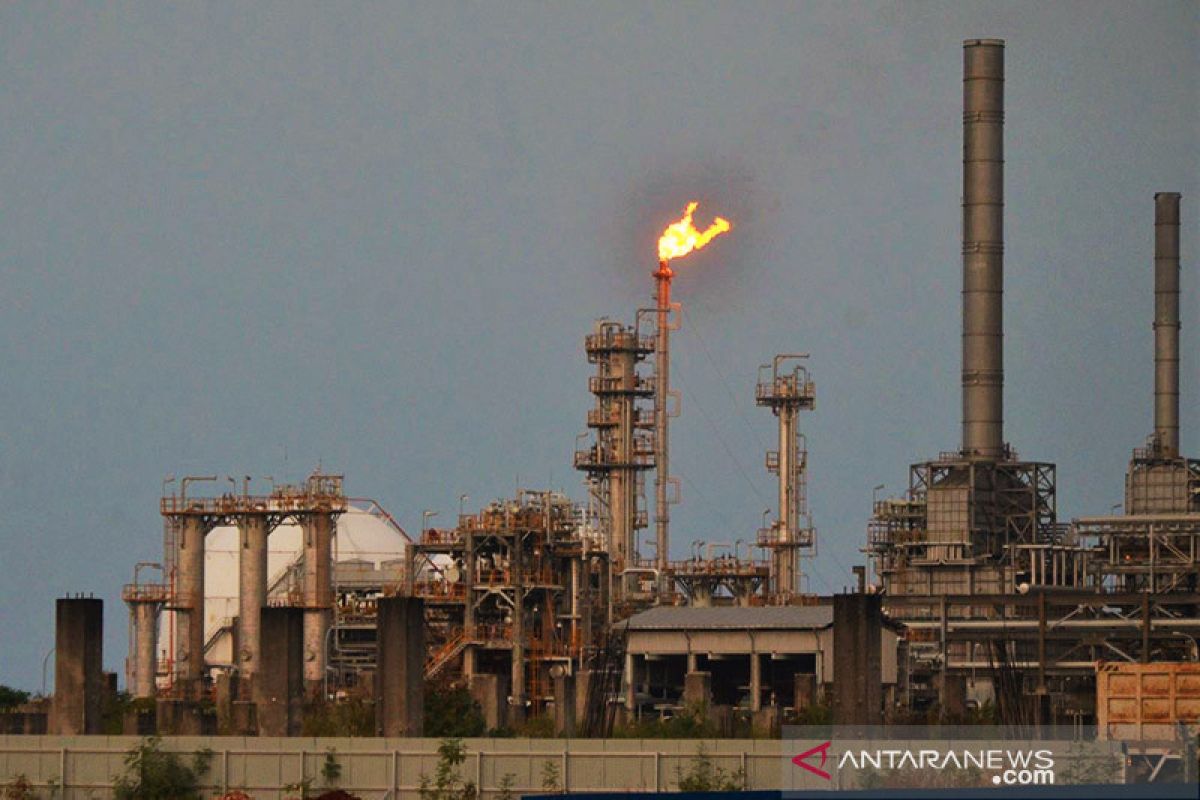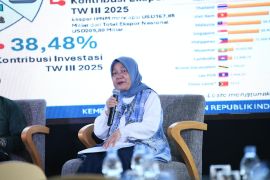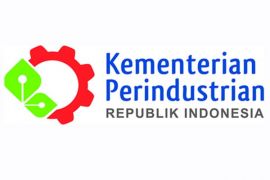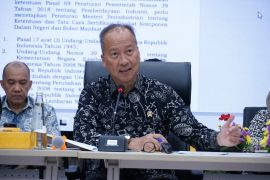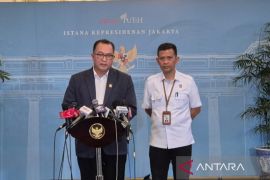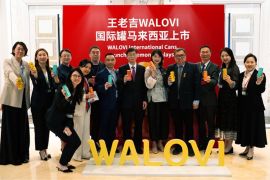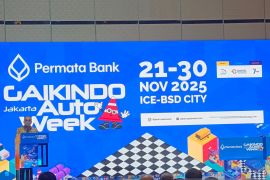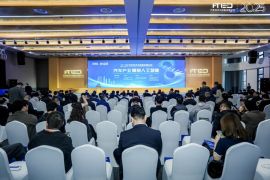Our goal is to have all industries that require gas as raw material to be able to receive gasJakarta (ANTARA) - The Indonesian government was committed to collaborate in order to expedite the production of goods from the national petrochemical industry, Industry Minister Agus Gumiwang Kartasasmita noted in a statement on Monday.
The petrochemical industry is a strategic industry in the upstream sector, as it became a foundational element for the development of downstream sectors, such as plastic, fabric fiber, textile, packaging, electronics, automotive, and medicines.
During the period from 2020 to 2023, the government will continue to assist in various major development projects conducted by the petrochemical industry, with investment value reaching US$31 billion.
The investment aims to bolster commodity production of the upstream chemical sector and conduct substitution for petrochemical products, such as ethylene, propylene, benzene, toluene, xylene, butadiene, polyethylene, and polypropylene, that are still imported.
Related news: Govt formulates adaptive energy policies to handle global disruption
The price of natural gas, set at US$6 per MMBTU, is one of the government's approaches to encourage development of the petrochemical industry in Indonesia.
Competitive gas price for industry raw materials has a positive impact on the industry's competitiveness and growth, Kartasasmita stated.
When competitiveness increases, the growth of Indonesia's manufacturing industry will also show an improvement, he noted.
To this end, the government pushes to have industrial areas to be connected with natural gas pipes immediately, so that the petrochemical industry can grow rapidly.
“Our goal is to have all industries that require gas as raw material to be able to receive gas,” he remarked.
The petrochemical industry has unique characteristics, such as being capital-intensive; requiring large investment; needing specific raw materials; having high risk in terms of the safety aspect; and having tough competition from a business standpoint.
Related news: Industry 4.0 to optimize Indonesia's manufacturing potential: Ministry
Meanwhile, Energy and Mineral Resources Minister Arifin Tasrif noted that the petrochemical industry is a large-scale industry that requires several raw materials, such as naphtha. This material is still frequently imported by domestic industries.
Moreover, the assurance of raw material supply availability and economic value should become an area of focus, as the petrochemical industry faces pressure due to several competitions before the energy crisis, he underlined.
"Indonesia is a market, so we have to open opportunities for other major industries to be able to enter," he stated.
Related news: Govt promotes energy savings program to reduce energy crisis impact
Related news: Ministries to promote green industry in Indonesia
Translator: Sugiharto P, Fadhli Ruhman
Editor: Fardah Assegaf
Copyright © ANTARA 2022
